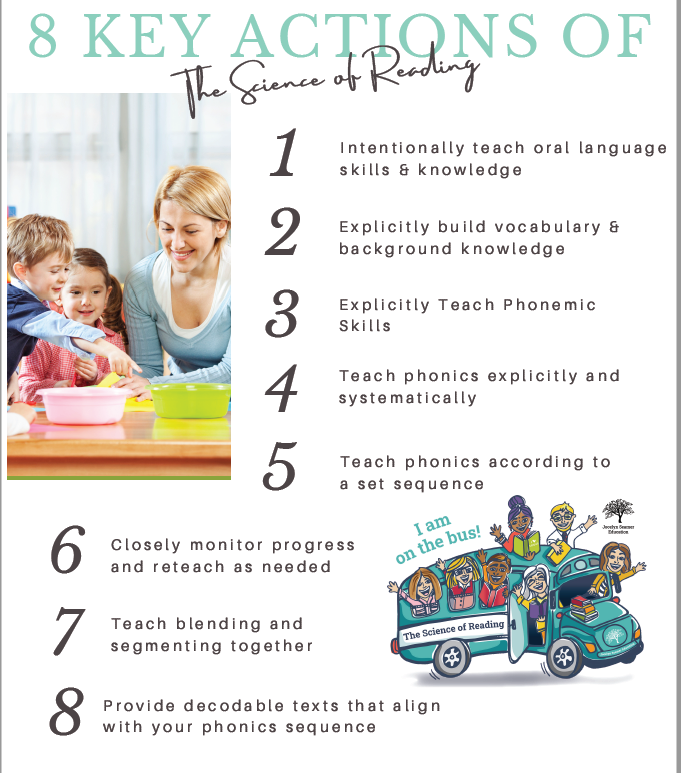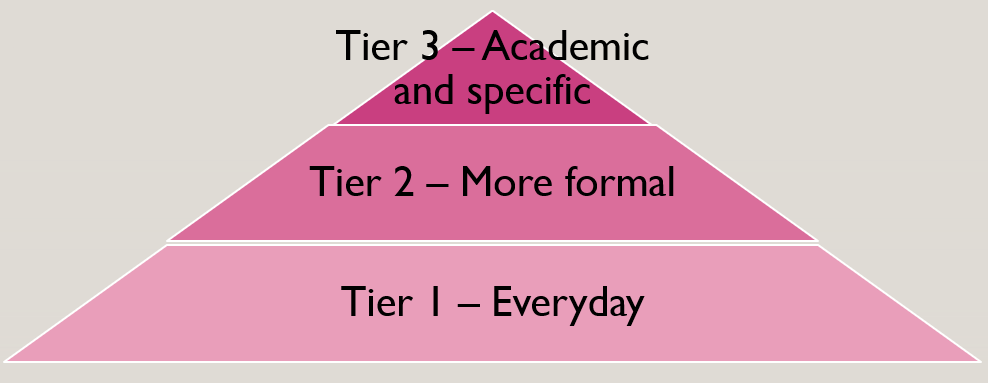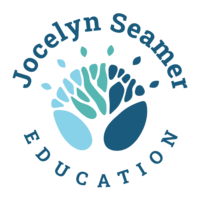Vocab Tips from the Experts

You may have heard of my Facebook group, On the Science of Reading Bus. This group explores one of 8 Key Actions of evidence-based reading instruction over a 5 week period and has a focus on learning, sharing and taking action. The current Key Action we are working through is ‘Explicitly teach vocabulary and background knowledge.’

To help give teachers a better understanding of the key actions I interview respected experts and share these interviews in the Facebook group. I recently had the pleasure of interviewing Margaret McKeown (Co-author of Bringing Words to Life) and Professor Pamela Snow (Latrobe University), all about teaching vocabulary.

Here are their top 5 tips for great vocabulary instruction
1. Language learning is interactive and happens over time.
When thinking about vocabulary instruction, it is easy to cast our minds back to the days when we wrote out dictionary definitions to learn words. Times have changed though and we now know that vocabulary learning occurs when children have the chance to experience words in active and various ways. This involves having them use the words in oral language opportunities both with you and their peers. It involves providing multiple exposures and contexts in which to engage with the words and having access to child friendly definitions.

2. The quality of the interactions are just as important as how many there are.
When teachers and students engage in conversations, whether that occurs in explicit lessons or in incidental interactions, we have a tremendous opportunity to help them build and extend their understandings of words. So, if a child uses a word incorrectly or you can see that they haven’t quite nailed it, apply a ‘yes, and’ approach. For example,
Student: famished means happy
Teacher: Well, if you were famished and you saw your favourite food, you would be happy.
Student: So, famished means hungry?
Teacher: Yes, that’s right, it does, and it not only means just a bit hungry, it means that you are REALLY hungry. Would you be famished if you hadn’t eaten today or hadn’t slept today?
Student: You’d be famished if you hadn’t eaten today
Teacher: Exactly!
3. Explicit Teaching is important, but so is creating a language rich environment.
We often hear this (and I have certainly been known to bang on about it!), but a classroom full of rich language in everyday speech is a place where children can be active participants in learning. Teachers are the primary model for language in the classroom. You could say, “Please put that in the bin” or you could say, “Please dispose of that rubbish”. If the student doesn’t understand what ‘dispose’ means, you can explain it to them with a child-friendly explanation. In fact, building a classroom culture where children are encouraged to ask when they don’t understand a word is the gold standard. This leads students to be active learners who seek answers to questions and builds the critical ‘noticing’ that is necessary for reading comprehension.
Both Margaret McKeown and Pamela Snow talked about the necessity of teachers to have a strong knowledge of language themselves and both acknowledged the challenge of this when we haven’t been taught well ourselves. However, we don’t need to be experts in linguistics to create a rich language environment, we just need to be curious. There is nothing wrong with saying, “I’m not sure what the base of that word means. Let’s look it up”. Sure, we need to do some reading about grammar and how words work, but this knowledge develops over time as we read for pleasure and for learning ourselves and grow our awareness of the language we are hoping to build in students.

4. A theoretical underpinning for choosing words is very useful.
Isabel Beck, Margaret McKeown and Linda Kucan developed the 3 Tier model of vocabulary that we have all become familiar with. Knowing what Tier 2 words are and how to choose appropriate words for explicit attention helps us to get ‘bang for the buck’ in this work. Margaret McKeown told me, ‘You can’t teach all the words. So don’t try’ and discussed that teachers will all have different ideas of which words are important to focus on, and that’s absolutely fine. There are no easy ways to know which words to teach, but there are some word lists that are helpful. In the end though, choose words that children will have the chance to use into the future across contexts.

5. A disparity exists in language knowledge in children from different backgrounds
We are all aware of the language gap between children from less and more advantaged backgrounds. Children from more privileged homes often come to school having had 5 years of rich language experiences to support their literacy development. Children from less privileged backgrounds often have substantially less. This makes preschool language experiences critical. We continue this work in the primary school years, but as the years go on, the gaps get bigger. This can leave us feeling discouraged, but Pamela Snow wants us to know that lots of good work can be done if we give vocabulary and language the focus it deserves, with a great mix of incidental and explicit instruction.

Robust vocabulary instruction is critical for language and reading comprehension. While there is still much to learn about how to assess in this area, and therefore how to respond in our teaching, we can certainly support our students by creating language rich environments and engaging them in intentional, interactive, explicit teaching.
If you haven't already joined my 'On the Science of Reading Bus' Facebook group
and would like to see the Margaret McKeown and Pamela Snow interviews, click here.
PLEASE COMPLETE ALL FOUR QUESTIONS FOR APPROVAL.



2 comments
Love these Top 5 Vocab tips, Jocelyn.
You do have incidental conversations with your students all the time. I just never put it into these concepts. Thanks Jocelyn for these 5 tips, makes me more aware of how use these 5 tips.
Leave a comment